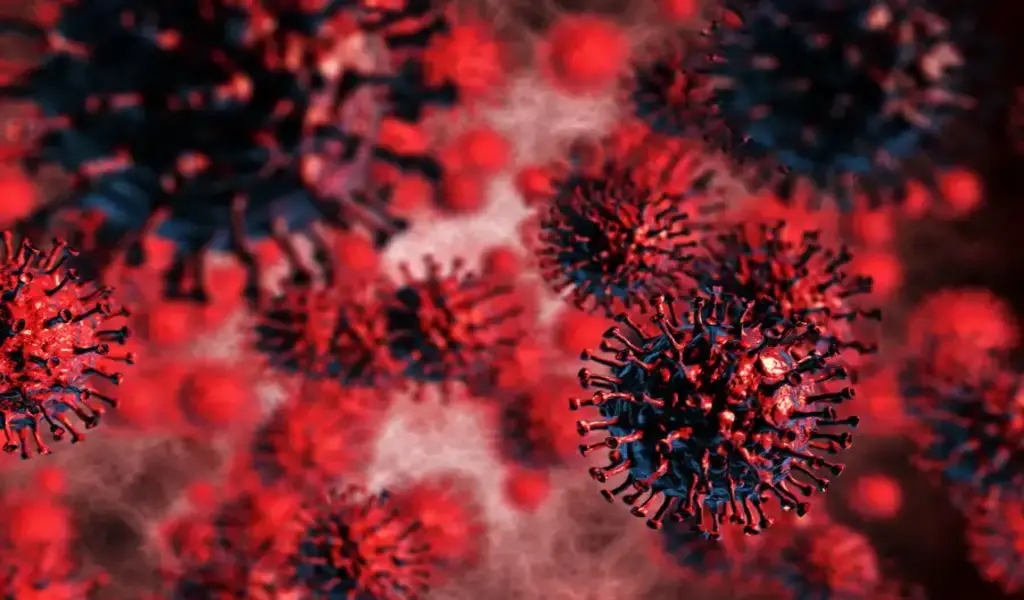Health
Disease X: Exploring the Hypothetical Pandemic And Global Leaders’ Preventive Measures

In a hypothetical scenario, global leaders have gathered at the World Economic Forum in Switzerland this week to address the potential threat of a new and deadly virus named Disease X.
Tedros Adhanom Ghebreyesus, the director-general of the World Health Organization (WHO), had planned to lead a seminar on Wednesday in Davos alongside other health officials, aimed at preparing strategies to confront the possible outbreak of this dangerous virus.
The announcement sparked intense discussions on social media in the days leading up to the seminar, with various conspiracy theories emerging.
Some individuals raised concerns that the proposed measures could resemble the lockdown orders implemented during the Covid-19 pandemic.
Despite the recent attention, Disease X is not a novel concept for the WHO. The United Nations agency has been dedicated to researching and preparing for potential outbreaks of deadly diseases, including Disease X, even preceding the global impact of the COVID-19 pandemic.
As world leaders focus on Disease X, it underscores the ongoing efforts and readiness measures taken by international organizations to mitigate the impact of future pandemics.
What is Disease X?
Disease X is a term that currently does not exist in reality, but it holds significant theoretical importance.
According to the World Health Organization (WHO), Disease X represents the understanding that a severe global epidemic could potentially arise from a pathogen that is currently unknown to cause human diseases.
The letter “X” in this context signifies the element of unpredictability.
However, this does not imply that global leaders are not concerned about preparing for the possibility of a deadly virus outbreak.
In 2018, the WHO included Disease X in its list of priority diseases and pathogens that require extensive research and development.
This comprehensive plan aims to expedite the availability of effective tests, vaccines, and medicines that can be crucial in saving lives during a major health crisis. Notable diseases like Severe Acute Respiratory Syndrome (SARS) and Ebola are also part of this initiative.
How do global health authorities strategize for the upcoming pandemic?
In 2022, the World Health Organization (WHO) initiated a global scientific process aimed at updating the list of potentially deadly pathogens that necessitate investment in research for the development of effective vaccines, tests, and treatments.
This comprehensive process involved scientific and public health criteria, taking into account potential socioeconomic impacts and ensuring access to life-saving measures.
Unlike previous approaches, the new strategy focuses not only on individual pathogens but also on entire classes of viruses or bacteria.
More than 200 scientists from 53 countries actively participated in the effort. They independently evaluated 30 viral families, a core group of bacteria, and a hypothetical pathogen referred to as “pathogen X,” which WHO is concerned could trigger another severe global pandemic.
To enhance the tracking and management of emerging virus threats, WHO and other health experts intensified efforts in the discovery and surveillance of potentially deadly diseases.
Additionally, there has been an increased emphasis on research and the reinforcement of clinical trials to better understand and combat these emerging health risks.







